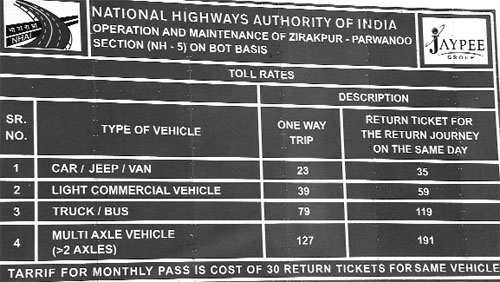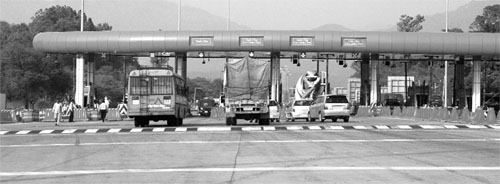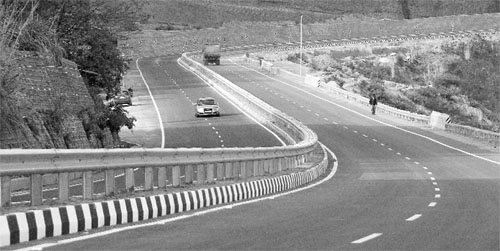Administration initiates many steps to check the practice near various river beds
Chandigarh, March 19
Excavating deep into the issue of illegal mining in Panchkula, the district administration has initiated a slew of measures. These include a ban on the plying of vehicles used for quarrying and ferrying material in the vicinity of river beds.
Excavating deep into the issue of illegal mining in Panchkula, the district administration has initiated a slew of measures. These include a ban on the plying of vehicles used for quarrying and ferrying material in the vicinity of river beds.
In a reply placed before the Punjab and Haryana High Court, Assistant Commissioner of Panchkula Police Rajbir Singh asserted: “On March 3, an order under Section 144 of the Cr PC was issued by the Deputy Commissioner of Police and an earlier order was made more strict and wider.”
Elaborating, Rajbir Singh in his reply placed before Justice Ranjit Singh asserted: “It has been ordered that no tractor-trolley fitted with hydraulic jacks, tractor-trolley having four tyres, and iron cart to be pulled by tractor is allowed within 200 m radius.”Rajbir Singh added: “No JCB machines or any other excavation machinery or transport vehicle like dumpers and no screening or stocking or mining material is allowed within a radius of 1 kilometer of the riverbeds in any matter whatsoever.”
“Any steps taken by the administration to curb illegal mining activity like digging of trenches etc are not to be interfered with any manner.”
In his detailed reply, he added: “To curb illegal mining in the police district of Panchkula, an order under Section 144 Cr PC was issued earlier also by the DCP, Panchkula, on December 19, 2011, as a measure of emergency and it was ordered that no tractor-trolley, JCB machine or any other excavating machinery will be admitted, parked or used between 7 pm to 7 am within 100 meters of the riverbeds in any manner.”
The High Court, on the previous date of hearing, had taken cognisance of illegal mining going on in the State, while hearing a petition filed by a Panchkula resident, Rajesh Kumar. He was seeking anticipatory bail in an alleged illegal mining case.
Declining the anticipatory bail plea, Justice Ranjit Singh had asserted: “It is seen that a tractor-trolley was seized at the scene, whereas the person ran away. This was Rajesh Kumar who was booked on February 4 under the provisions of the Mines Act and also for theft, criminal conspiracy and other offences. The FIR was registered at the Chandimandir police station.”
| MEASURES STARTED |
| n Ban on plying of vehicles used for quarrying and ferrying material in the vicinity of riverbedsn No tractor-trolley fitted with hydraulic jacks, tractor-trolley having four tyres, and iron cart to be pulled by tractor to be allowed within 200m radiusn No JCB machines or any other excavation machinery or transport vehicle like dumpers and no screening or stocking or mining material to be allowed within a radius of 1 km of the riverbeds |


